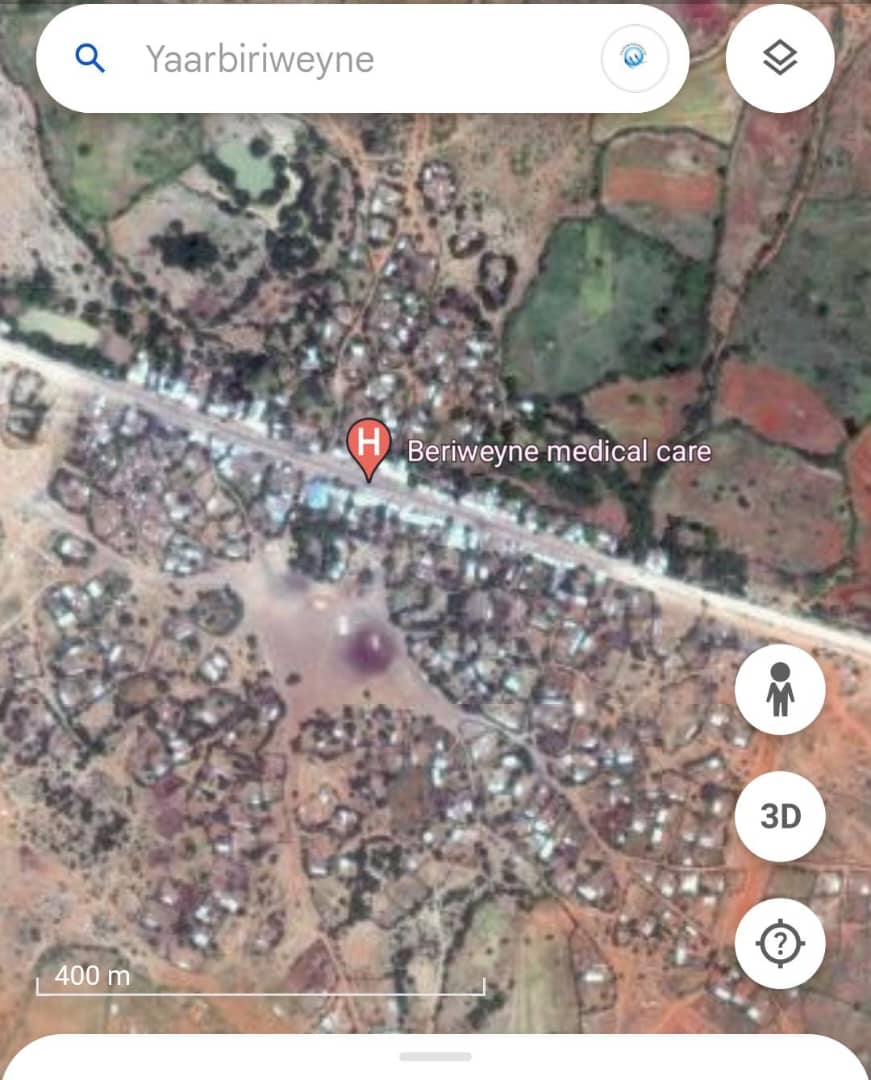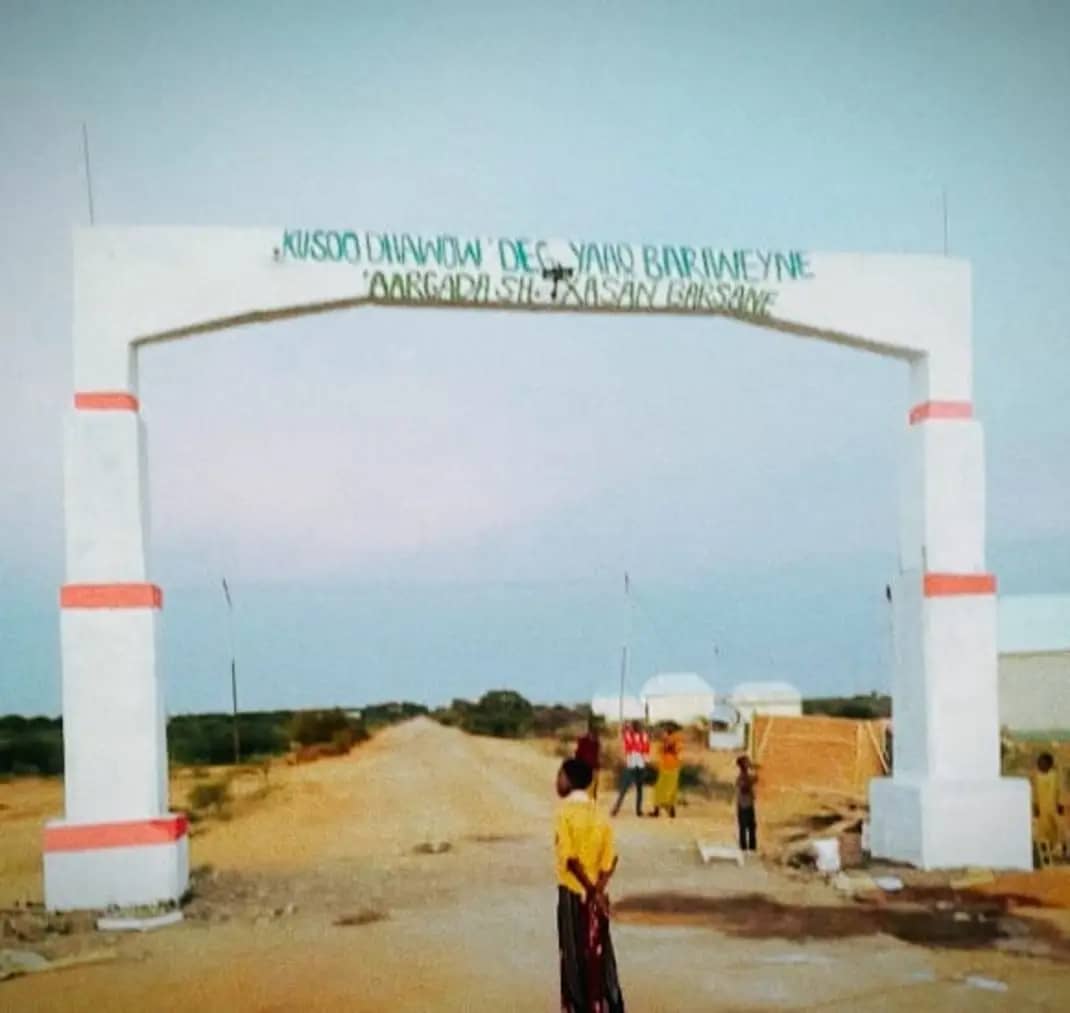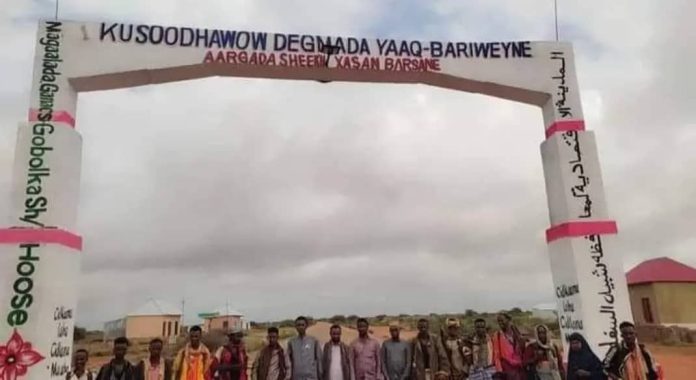Baidoa, Somalia The complex tapestry of Somali society, characterized by its diverse clans, is under severe strain as the pitfalls of clan-based federalism become increasingly apparent. The South West State of Somalia, home to a variety of clans, including the GeelJecel, Hawiye, and dominant Rahanweyn clans, is witnessing escalating tensions and violence that threaten the stability of the region.
Historically, these clans have coexisted peacefully. However, recent actions by the Regional administration, headquartered in Baidoa, suggest a dangerous shift in policy. Reports indicate that the administration plans to displace non-Rahanweyn clans and annex their lands to create a homogenous federal enclave. This initiative involves the misuse of national resources, including arms intended for combating Al-Shabaab terrorists and defending Somalia’s sovereignty.
This development is a stark warning against the dangers of clan-based federalism, highlighting the urgent need for a centralized command for the national army to ensure accountability, better control over arms, and a reduction in armed conflicts.
The ongoing conflict in Yaarbiriweyne, a district inhabited by GeelJecel clan nomads, exemplifies these dangers. The South West Regional army is reportedly conducting a brutal campaign against the district, targeting and killing civilians indiscriminately. The situation in Yaarbiriweyne underscores the responsibility of the current president to contain the violence and protect civilians from the excesses of the Regional army.
number of civilian casualties is more than 150: 150 wounded, 25 killed and the displacement 2000 families who remain without acces to humanitarian aid. MPs from the warring parties have exchanged bitter criticism and accused each other of being responsible for the war.

Moreover, the South west army’s recent attacks on Barawe, aimed at displacing the Barawani community to replace them with Rahanweyn clan members, indicate a deliberate strategy to effect demographic change and establish a single-clan federal enclave. Such actions are not only destabilizing but also threaten to ignite broader conflicts across Somalia. Earlier, the South West Regional authorities have banned the Barawani language from being used publicly in Barawe district.
The misuse of military resources for internal clan conflicts instead of national defense underscores the urgent need for reform. A centralized national army with a unified command structure is essential to prevent such abuses and ensure that military power is used solely for the protection of all Somali citizens, irrespective of clan affiliations.

The situation in the South West State is a microcosm of the broader challenges facing Somalia. It highlights the dangers inherent in a fragmented federal system based on clan loyalties and underscores the need for a cohesive national strategy to foster unity and stability. The international community and Somali leadership must urgently address these issues to prevent further escalation and ensure a peaceful future for all Somali clans.
By: African Academy of Diplomacy and Security

